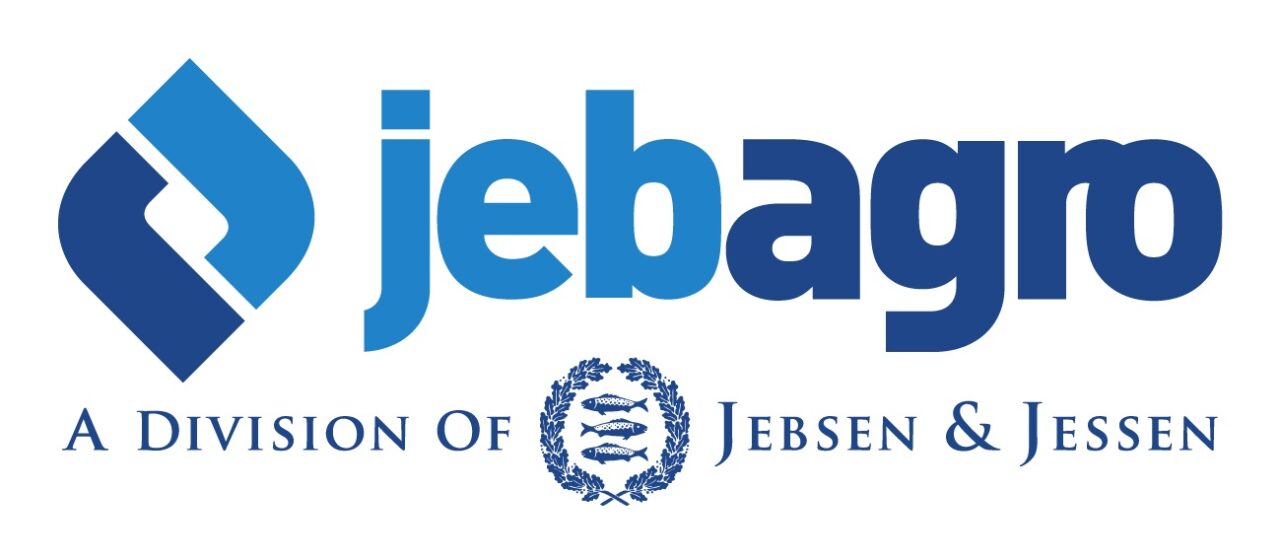Are Multinationals Set To Merge?
Cash flow is crucial for any business. And the multinational corporations are no different.
So although it was a little bit shocking to hear that Dow, Chemtura, and a few other producers wanted to shed part or all of their agrochemical businesses to raise capital for operating expenses, it’s no less shocking than watching General Motors or Citigroup crumble from insufficient cash flow.
Oddly, these agrochemical divisions on the auction block are profitable, but their parent corporations need cash, and these agriculture businesses are one of the only parts of their chemical portfolios that actually have value at this point in time.
So it begs the question: Who’s buying? Few are willing to venture a guess, but it’s clear that these businesses for sale have a lot of value for a potential buyer. They are sophisticated enterprises with environmental safeguards, they are highly automated, and they are operated by technically astute employees.
These are good assets, with a price tag that might be out of reach for all but other multinational corporations. That’s what our readers think as well. More than 50% of respondents to our online survey say that a large company likely will do the buying of the assets for sale. About one-quarter think a smaller company will acquire these larger assets, and about one-quarter think that some sort of merger will take place.
Regardless of how you think it will happen, the one certainty is that the number of producers in the agrochemical industry is shrinking, seemingly at every level. Just as multinationals prepare to shed their agrochemical portfolios, consolidation is eminent in producer countries like China and India.
The extremely high prices for crop protection products last year combined with low costs for raw materials set low barriers for entry for producers in these countries. Now, with lower margins, higher production costs and stricter environmental criteria, many smaller companies will go away. But unlike the Chemturas and the Dows of the world, many don’t have facilities worth acquiring.
So the question remains: With even multinationals scrounging around for revenue, how are you managing your business to take market share away from your main competitors? In an era of consolidation, companies that don’t aggressively pursue market share are in danger of losing what they have to those that do.






